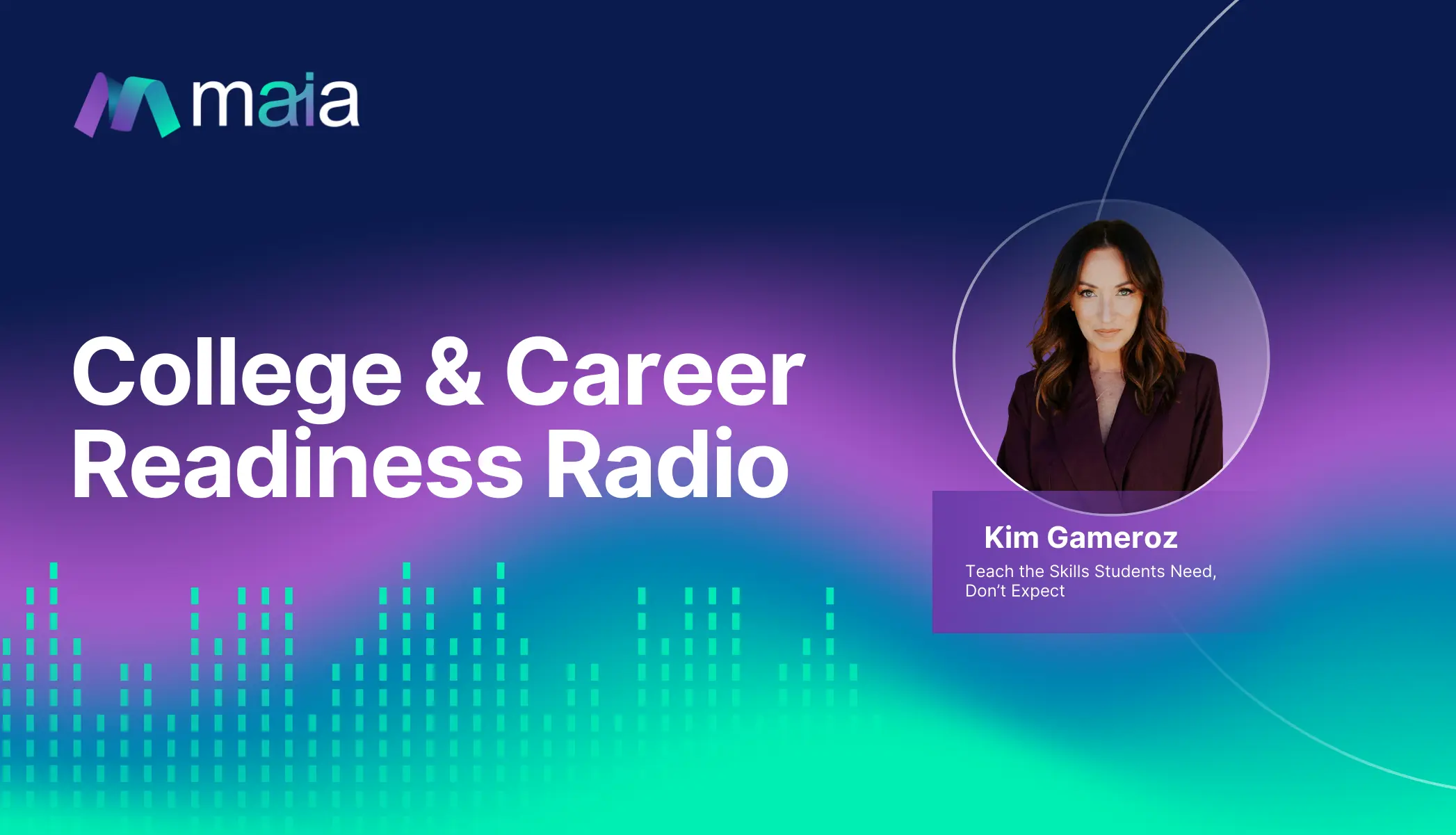With the rising cost of tuition, many students are reconsidering the benefits of a college degree and exploring other options. While the price of a university experience is trending upward, there are still important benefits to earning a degree, some of which go beyond that actual degree program of study. While going directly into a career after high school is a wonderful path, especially for those with a valuable industry credential, college should be a consideration for all students as they explore their postsecondary options.
One important factor for school leaders, counselors, and college advisors is to ensure that students understand the full scope of the available opportunities. Although some price tags can be daunting, there are low cost and even free programming available. From in-state initiatives to free out-of-state options, most students can find an experience that fits their academic and financial needs. There are lots of great postsecondary paths to take, but no student should be left out of the college-going equation because of a limited understanding of how to get accepted or how to fund the degree. And, with 65% of jobs requiring at least a bachelors, it’s still wise for students to attend college even if the degree program doesn’t end up aligning with their career. That’s because there are a host of indirect benefits of a college degree that aren’t limited to knowledge acquisition and specialized content.
Communication Skills
As K12 systems adopt a portrait of graduate characteristics, including communication skills, literacy, and collaboration, college systems typically still require more from students regarding writing assessments, presentations, and team assignments. This means that college graduates can end up with stronger communication skills than when they started college and a more substantial skillset than their non-college-going peers.
Communication skills are ubiquitous and practically essential in many careers, even those that don’t require a college diploma. Most job descriptions, especially in upper-management and supervisory roles, aren’t complete without reference to the need for communication skills. Strong verbal and written communication are fundamental to setting clear goals, leading others, and making new connections. The stronger a candidate’s communication skills, the better they’ll do in the interview phase and the more they’ll have to contribute to the team. Going to college doesn’t guarantee stronger communication skills, but four or more years of reading, writing, and presenting ideas (in class or on a team) can certainly be beneficial in this domain.
A Healthy Lifestyle
Often left out of the conversation about the benefits of a college degree are the healthy lifestyle outcomes that graduates report. Whether it spawns from dorm life, years of independent living, the need to budget expenses, access to a fitness center, part-time work, internships, or other aspects of college life, collegegoers end up in better health than non-collegegoers.
This begs the question: what does a healthier lifestyle actually equate to? There are a number of measurable outcomes for college graduates. The first is greater access to healthcare. Graduates tend to have better health benefits for themselves and their family, which contributes to an overall better picture when it comes to health and wellness. Second, they live longer than non-graduates, especially those who don’t graduate from high school. Third, their working conditions are found to be safer, leading to both physical and psychological wellbeing. Of course, those who graduate from college can still have health complications, but, in general, their overall health is better.
Social Skills
The college experience has the potential to improve students’ social skills. Four years of interacting with a diverse group of peers and professors through social groups, clubs, sports, political organizations, and more, gives college students an advantage that non-collegegoers don’t gain. For those who live on campus, there’s an added benefit of interacting with others in the common living spaces, negotiating for space, cooking food, participating in campus housing activities, and other ways in which students learn to live with their peers.
There are compounding resources for students who work on and off campus, including internships and hands-on learning placements, because they must exercise their social skills in dynamic environments. One of the most important outcomes is the expanded network that students develop beyond what they would have had access to in high school and their individual communities. These networks can even lead to great financial reward and upper mobility within the economy.
Happiness
Everyone’s path to happiness is different, and while a college degree doesn’t certify a happy life, research demonstrates that graduates report feeling happy and very happy at greater rates than those with only a high school diploma. One thing that contributes to happiness is having a purpose in life, and many college degree programs lead to jobs in fields where people find meaning in their careers. Not that you can’t find meaning without a college degree, but a great deal of the most meaningful jobs–teachers, therapists, doctors, etc–necesitate a certification that comes from a degree program or a major that leads to a credential.
Another thing that makes people happy is their relationships with others, and college provides a way to build relationships with more and new people in life. In fact, college graduates enjoy marriages that last longer than those with some college, a high school education, or less. Research from the National Center for Health Statistics found that 78% of college educated women had marriages that lasted at least 20 years while only 40% of women with a high school education or less had marriages that lasted that long. This isn’t to say that the answer to a successful marriage is education, but it does make a significant difference for divorce prior to the 20-year mark.
Conclusion
The point is not necessarily about college or a bachelor’s degree. The major emphasis should be placed on how all students can obtain these benefits after graduation, whether they go to college or not. Communication skills, a healthy lifestyle, social skills, and happiness are all really important benefits, and they can be learned or acquired in many ways. In other words, what can we do in K12 systems to ensure that students have postsecondary plans that lead to these outcomes, especially for those who don’t plan to attend college.
It means that all students must graduate with a postsecondary goal that’s aligned to a future where they can learn to communicate, understand the health system and how to secure benefits, develop social skills, and find meaning in their career choices. College is clearly one way to capture this, but a solid career plan that includes a viable industry credential, enrollment in the military, and other paths can work as well. The important takeaway is that we build systems that help students on a journey that we collectively agree will lead to success beyond high school.
If you’re interested in discussing postsecondary planning with a thought leader, schedule a time to meet. Or, you can request a demo of MaiaLearning as a comprehensive solution for college and career planning.
.png)















